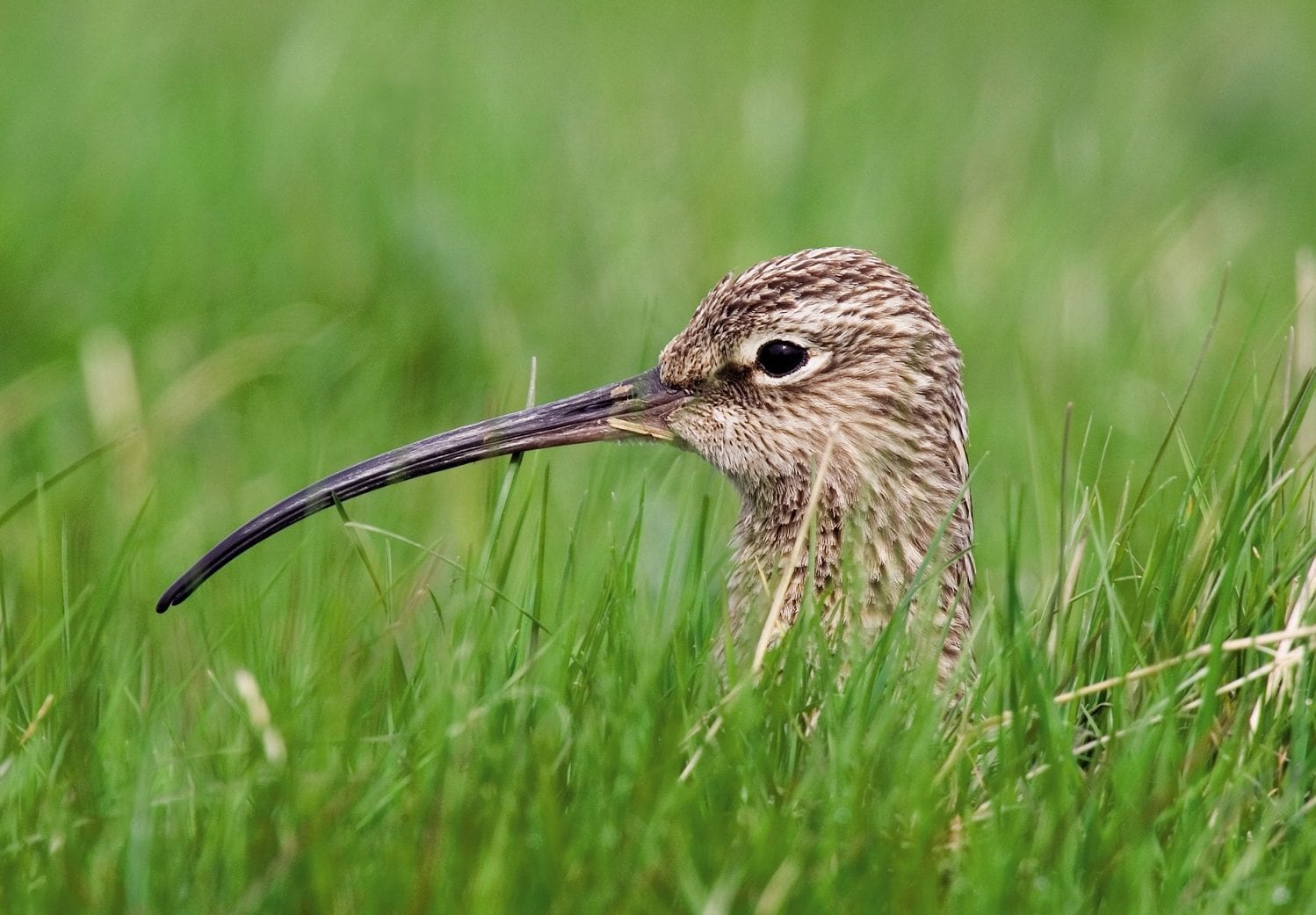Oonagh Duggan
BirdWatch Ireland welcomes the publication of Ireland’s fourth National Biodiversity Action Plan.
It is the first plan to be published after Dáil Éireann declared a biodiversity and climate emergency in 2019.
Oonagh Duggan, Head of Advocacy at BirdWatch Ireland said “This plan could not have come at a more important time for the fate of Ireland’s wild birds and other biodiversity. 63% of our bird species are Red- or Amber-listed Birds of Conservation Concern, indicating that these species and the natural environment are under severe pressure from human activities.”
She also said:
“The foundation of the plan is on a ‘whole of government’ approach. This is important, as is the statutory footing of the plan, as those state bodies who have agreed to certain biodiversity actions will now be legally obliged to adhere to their implementation and will be held to account.
“BirdWatch Ireland also welcomes the review of the new National Biodiversity Action Plan whereby the new targets of the proposed Nature Restoration regulation will be included as this will shape the restoration of habitats and species for decades to come.
However, BirdWatch Ireland has concerns.
Oonagh Duggan continued: “While we very much welcome the budget announced €3 billion fund for nature and climate that is for capital works, we are concerned about funding for staffing in biodiversity and ecology across state bodies. It will be critical that this government and the next one increases ‘current’ budget spending on biodiversity, including maintaining the trajectory of funding of the National Parks and Wildlife Service (NPWS) and, especially, to meet requirements for staffing in NPWS and other bodies to address the biodiversity emergency. Otherwise, we will not address the biodiversity crisis we are in.”
In addition, the statutory footing of the plan appears to be limited to the departmental actions listed in the Biodiversity Action Plan which are a subset of all of the actions and activities of government that affect biodiversity.
“BirdWatch Ireland is concerned that elements of current departmental policies, legislation, programmes and plans that are not mentioned in the plan, as well as new policies and legislation which could negatively impact wild birds and biodiversity, or are not ambitious enough, could undermine the plans’ overall objectives. These initiatives will need to be biodiversity proofed to ensure we meet targets to protect and restore biodiversity. A national policy statement of commitment to protect and restore biodiversity in all government activities is really necessary to set the agenda for government departments and local authorities”.
For example, the current Forestry Programme has very specific ecological conditions to avoid planting of trees in areas that would impact peat soils and habitats for breeding waders, freshwater pearl mussel and High Nature Value farmland. It is essential that a sharp eye and best ecological assessment practices are followed to ensure that these conditions are upheld. This is crucial in order to avoid further deterioration of populations of threatened species and habitats caused by forestry activities, as well as to avoid undermining current and nationally-funded conservation actions.”


